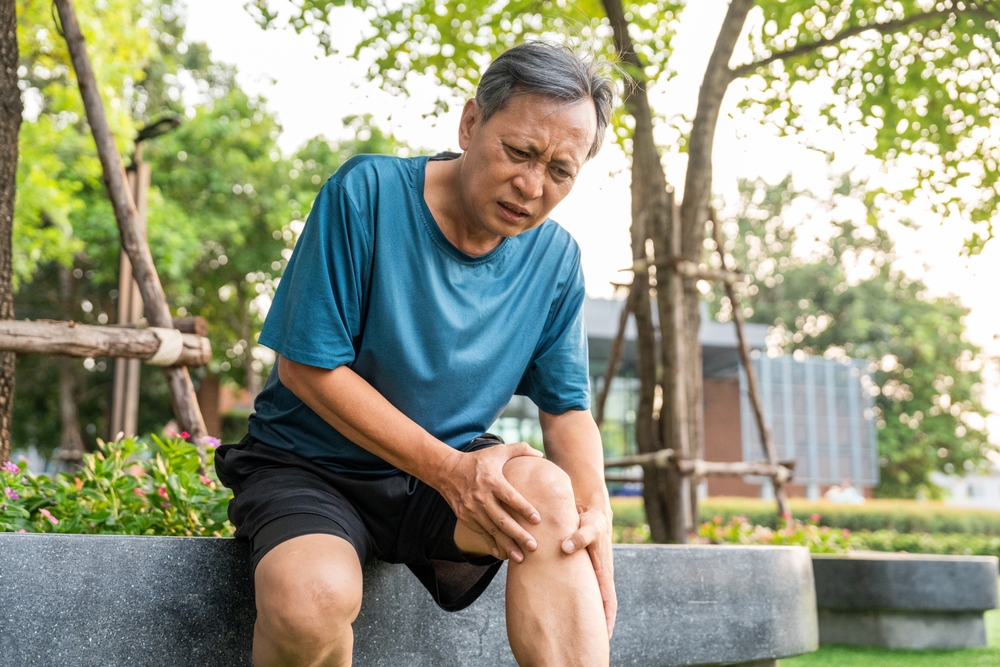Self Defense for Seniors and the Elderly
Category:

Sometimes, walking the streets at night can be scary, especially when you’re older and walking alone. However, that does not mean you are helpless. There are plenty of ways to keep yourself safe from potential attackers. In this post, we will review techniques, moves, weapons, and everything you need to know about the best self-defense for older adults.
Basic Self Defense Moves for Seniors
Self-defense for older people does not always require intense martial arts training (though you can see the next section if you would like to learn about more ways to defend yourself). All you need is a general awareness of your surroundings and some basic moves. Below are some of the basics of senior citizen self-defense.
-
Stay alert to your surroundings: Walk confidently and always plan your route when walking to your destination. Make eye contact with everyone around you (without staring too intently) to show you’re aware of their presence. Potential attackers are less likely to pounce if they’ll be identified in a police lineup.
-
Make loud noises: You can either keep a whistle on hand or have a personal alarm attached to your key ring. If you don’t have these types of items on hand, shout at your assailant to draw attention to yourself from others and to potentially scare them off.
-
Attack with any items you have on hand: Anything from car keys to canned goods in your grocery bag could ward off an attacker. Swinging your cane also be very effective in a pinch (see below for strategies in cane self-defense for seniors).
-
Aim for their weak points: No matter how big they may seem, everyone has the same basic vulnerable spots. Depending on the attacker’s proximity, go for the eyes, nose, neck, groin, or knees. Hitting these areas will either cause your attacker to go off balance or fall back.
These strategies provide excellent self-defense for seniors but what if you wanted to engage in more intense training to protect yourself. In the next section, you will find more rigorous defense strategies.
Martial Arts Self Defense for Seniors
If you would like to learn how to defend yourself while engaging in intense exercises, martial arts is a great activity for seniors to engage in. Be sure to check your local senior center to see if they have classes. Here are a few forms of martial arts self-defense for older adults:
-
Aikido: turns your opponent’s attacks against them
-
Cane-fu: just like it sounds, uses a can for basic self-defense techniques
-
Judo: involves using pins, holds, and locks to unbalance movement
-
Jiu-Jitsu: uses the principles of leverage, angles, pressure, timing, and the human anatomy to achieve a non-violent submission of one’s opponent
-
Krav Maga: uses simple movements for street fighting, such as groin kicks and eye gouges
-
Wing Chun: uses open-handed strikes and low kicks
Download Our 10 Home Satefy Tips for the Elderly
However, if these moves are a little too intense, there are other tools to defend yourself, and we will review those in the next section.
Self-Defense Weapons for the Elderly
You don’t necessarily need to carry a switchblade or a gun with you while walking the streets. Instead, you can use everyday items to protect yourself. Here are some of the best weapons of self-defense for the elderly:
-
Cane/walking stick (see above for more information)
-
Car keys
-
Groceries
-
Handbag
-
Newspaper
-
Pen
-
Pepper spray
-
Scarf
-
Umbrella
Subscribe
Date: 2021-06-08
Category:


